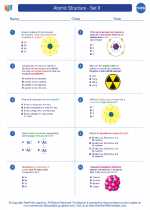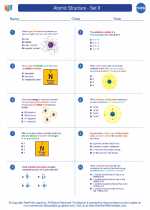Archaeology
Archaeology is the study of human history and prehistory through the excavation and analysis of material culture. It is a multidisciplinary field that combines aspects of anthropology, history, and science to understand the past through the examination of artifacts, architecture, biofacts, and cultural landscapes.
Key Concepts in Archaeology
Artifact
An artifact is any object made or modified by humans, such as tools, pottery, and jewelry. Archaeologists study artifacts to understand human behavior and societal development.
Excavation
Excavation is the process of carefully uncovering and documenting archaeological sites and remains. It involves the systematic removal of soil and other materials to reveal and preserve artifacts and features.
Stratigraphy
Stratigraphy is the study of rock layers (strata) and the way in which they form. It is a fundamental concept in archaeology for understanding the relative chronology of artifacts and features within a site.
Dating Methods
Archaeologists use various dating methods, such as radiocarbon dating, thermoluminescence, and dendrochronology, to determine the age of artifacts and sites, providing a chronological framework for understanding human history.
Cultural Heritage Management
Archaeologists are involved in the preservation, interpretation, and management of cultural heritage sites to ensure their protection and accessibility to the public.
Study Tips for Archaeology
- Review key archaeological sites and their significance in shaping our understanding of ancient civilizations.
- Understand the principles of stratigraphy and how it aids in interpreting the relative ages of artifacts within a site.
- Familiarize yourself with different dating methods and their applications in determining the chronology of archaeological materials.
- Explore the ethical considerations and challenges in cultural heritage management and preservation.
- Practice analyzing and interpreting artifacts and their cultural contexts to develop critical thinking skills in archaeology.
◂Chemistry Worksheets and Study Guides High School. Atomic Structure - Set II

 Worksheet/Answer key
Worksheet/Answer key
 Worksheet/Answer key
Worksheet/Answer key
